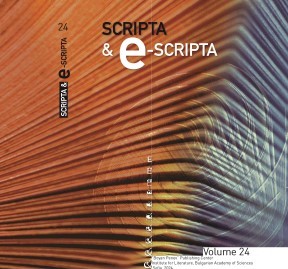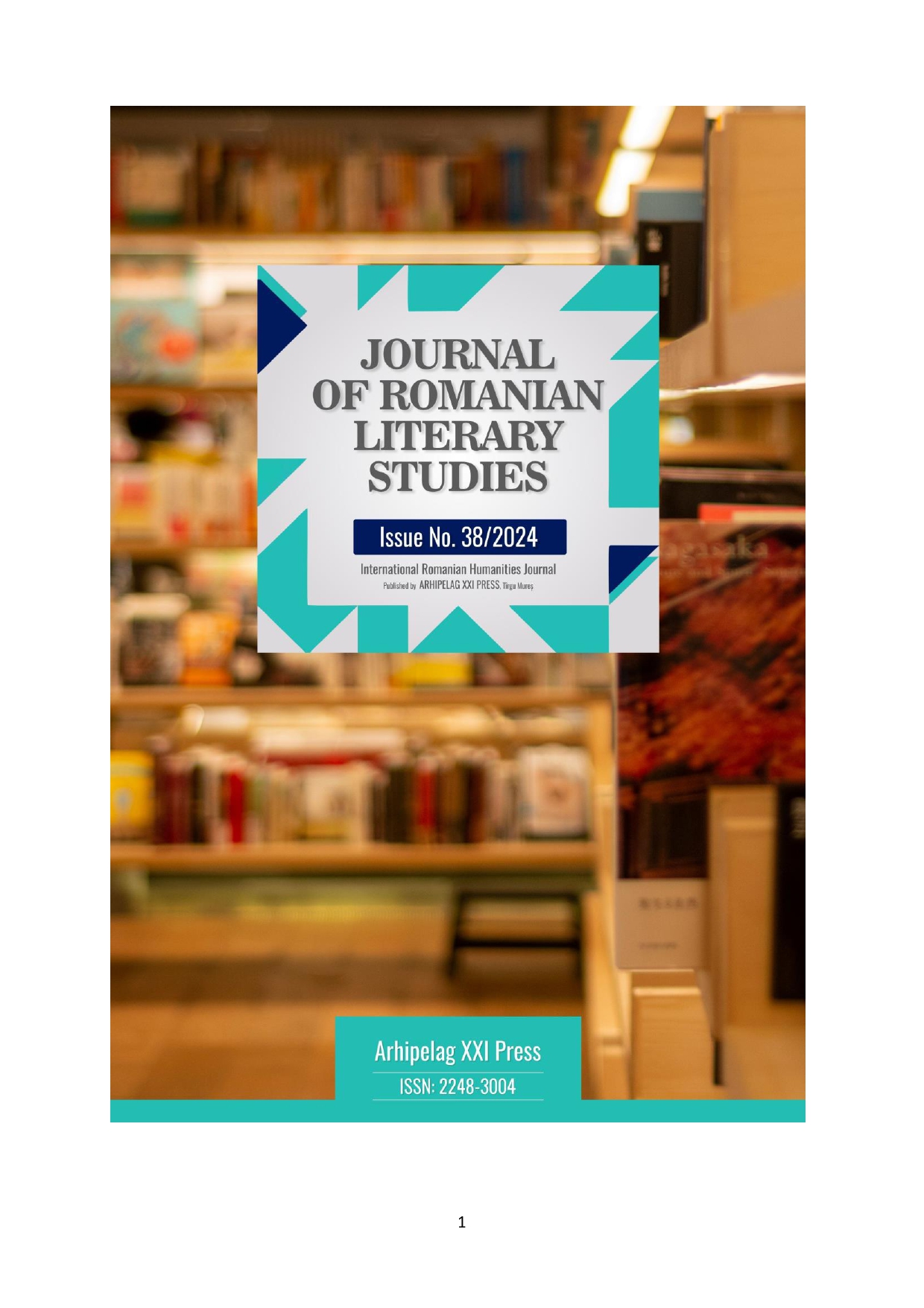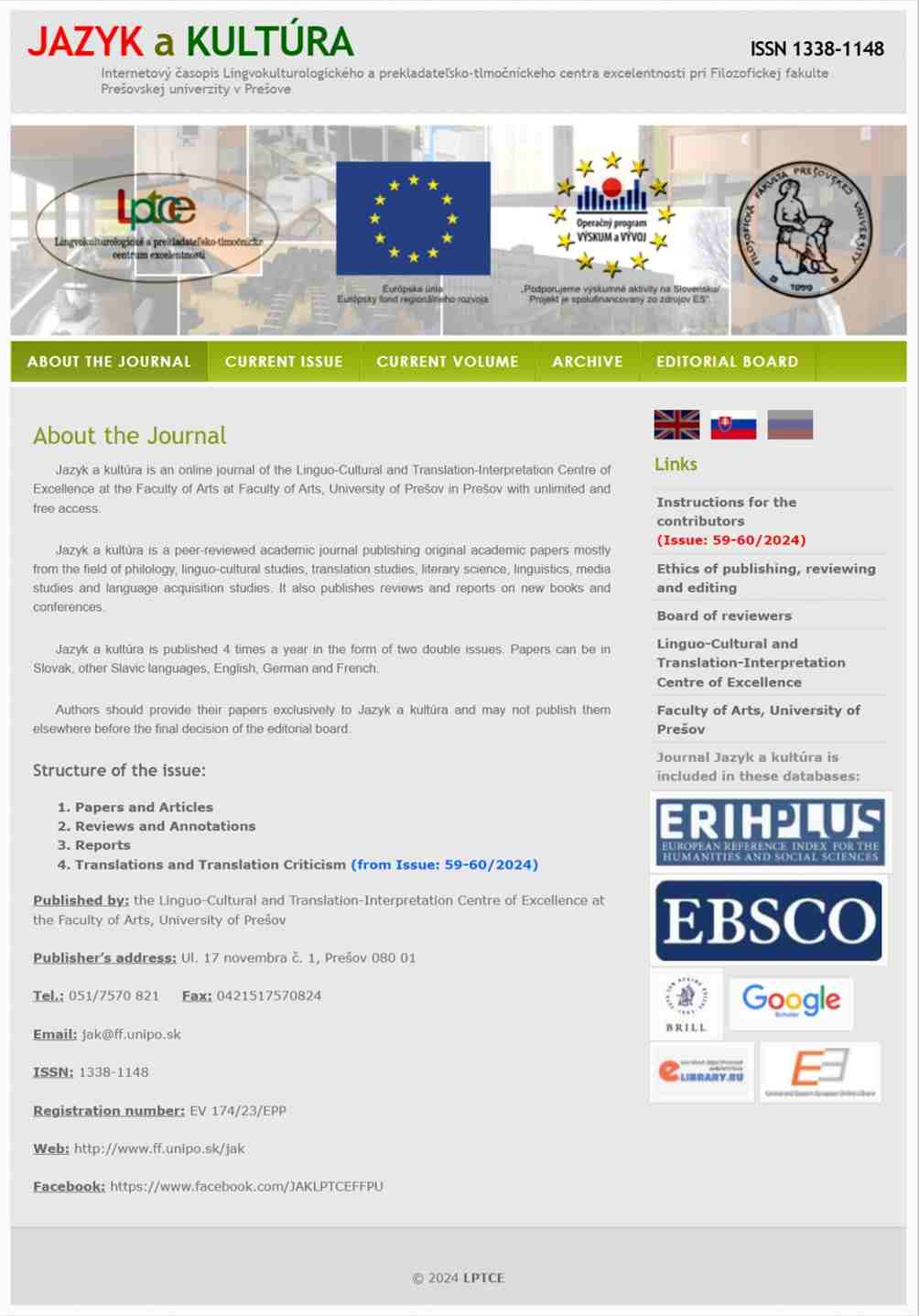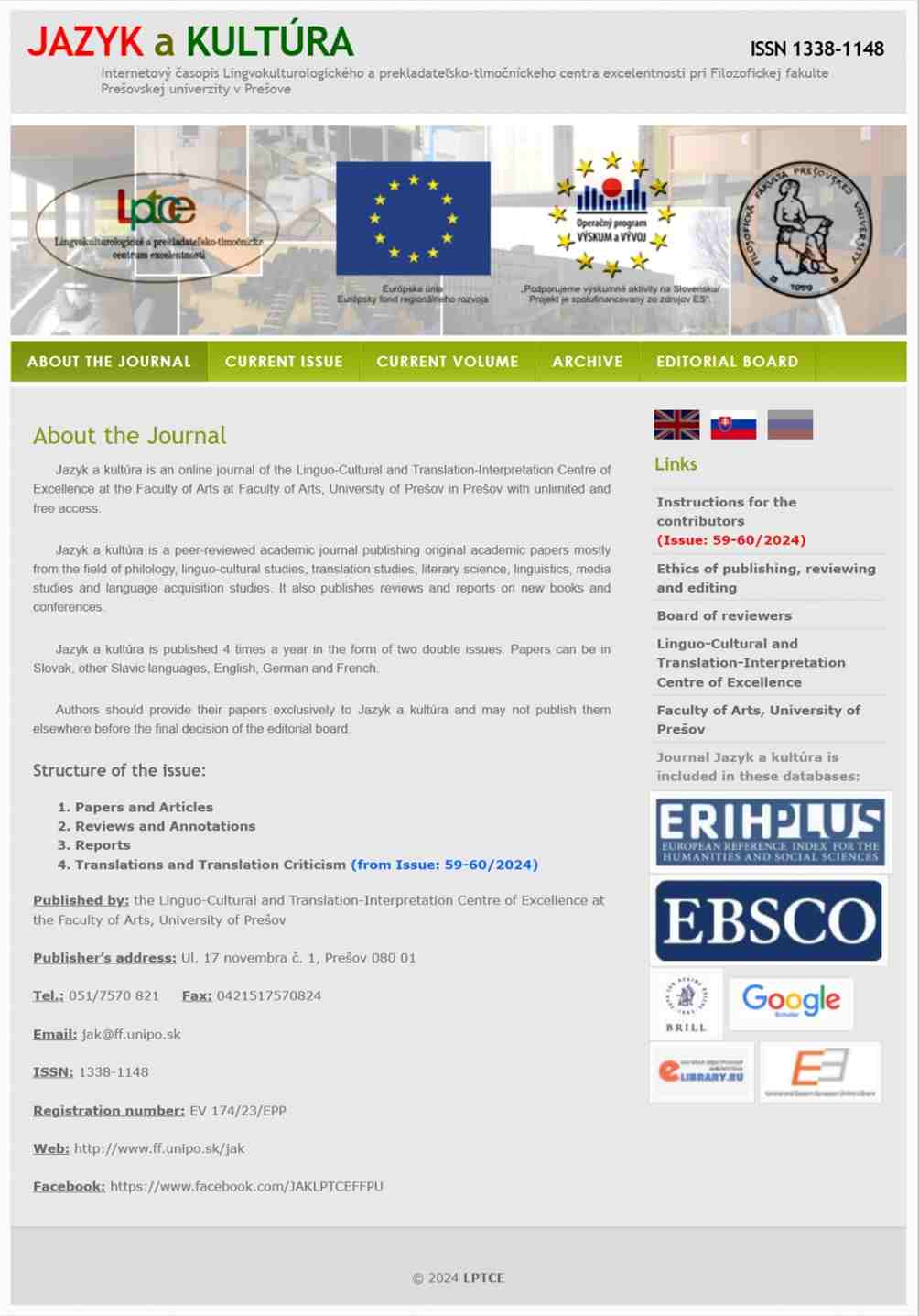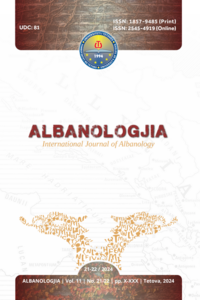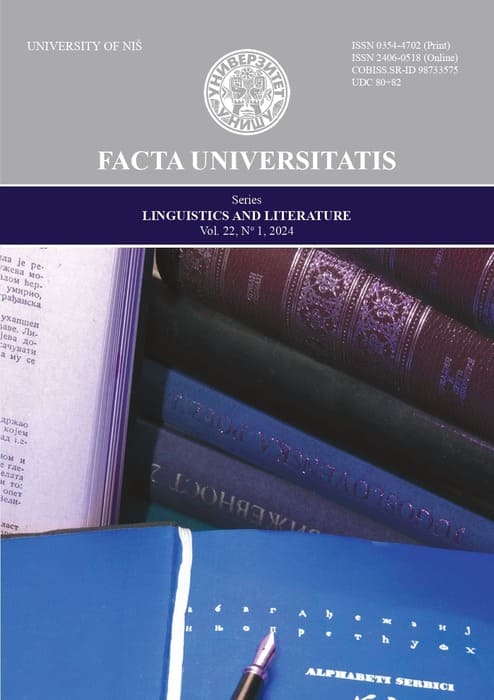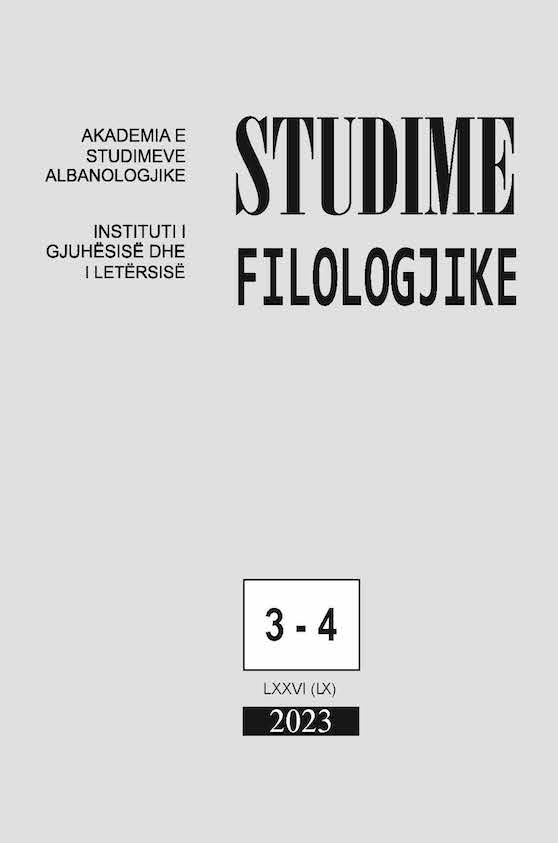
L’editio princeps di “Kënëkëz pollithike” (Canto politico) di Francesco Antonio Santori (Vijon nga numri paraardhës)
Francesco Antonio Santori's Kënëkëz pollithike (Political Song) has never been published. Recently an effort has been made to remove dust and oblivion in which his manuscripts were buried. The increasingly number of posthumous works gradually published sheds new light on the author. It allows us to evaluate his figure not only as a man of letters, but also as an acute political observer who looks at the world from a window in a remote village in Calabria. His angle of observation is very narrow, but his analyses are very penetrating and express the Zeitgest of his era better than the active protagonists, who are too involved in their personal affairs, that they are unable to have a clear vision of the events. His predictive skill still remains a little-known aspect of his personality. Santori's Kënëkëz pollithike is a scream of desperation that expresses all the disappointment of the process of Italian unification which in the South - in the Kingdom of the Two Sicilies - brought only disappointment and economic prostration with the loss of all hope for the future. The disappointment, especially among the arbëresh, was terrible, as they soon realized what was happening: the worsening condition of the South, the repressive nature of Piedmontese politics. The aim of new government was to reduce the former Bourbon Kingdom to obedience without caring about its terrible conditions, and the disastrous consequences of forced integration. The price to pay was the eradication of any cultural or linguistic difference and the loosing of their identity. Dissent was particularly present in popular poetry and country songs throughout the South, giving rise to a large number of violent protest songs repeated in villages and fairs, a local diffusion that was poorly tolerated, without reaching levels of violent repression. Santori's singing fits right into this line and demonstrates once again how his ability of grasping the spirit of the time, even locked in a far corner with few information sources. The song contains 136 verses, divided into 19 stanzas with 8 verses each. Regarding the dating, historical indications and Santorian alphabetical choices help us to hypothesize that the text of the Kënëkëz Pollithike was composed around the year 1869, shortly before or after that date.
More...

